Postpartum Depression: What Are The Signs?
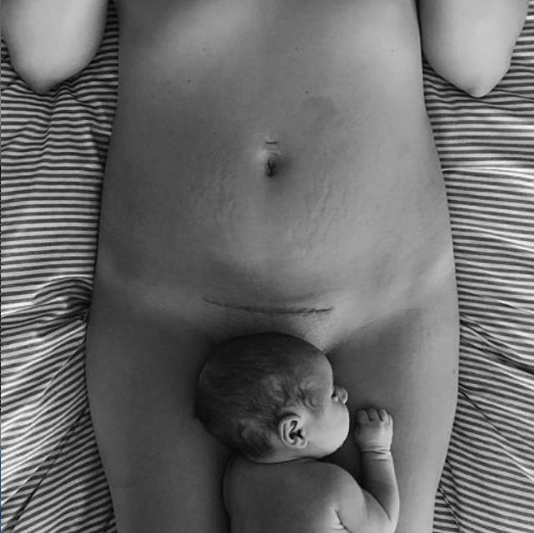

We usually like to keep things pretty light here at Mizzie, with cheerful subjects and sharing some positive developmental leaps for bubs, but we think it’s really important to be supporting parents, just as much as bub. We want to spend a little bit of time, touching on one of the less talked about things that can come with having a baby.
Your little one is finally here, and you are so much more in love than you ever felt possible. There is a whirlwind of visitors coming over for cuddles, chatter about your bub, how cute they are and beautiful bonding times together. This is fantastic, but you may find this a little overwhelming, especially since everything else won't stop when baby come....
Things like your daily chores, the sleepless nights, your other kids, and all the advice being thrown at you by others can lead to confusion - and you feel like you can't cope. Many parents, new and experienced have shared these feelings of depression, anxiety, negativity and guilt after welcoming a new baby into their lives. When you think about the epic dizzying rollercoaster ride you have been on (and likely are still on) there is little wonder you are struggling to keep your head on straight. If this is the case, you may be experiencing some postnatal depression.
Between 70-80% of women get the ‘baby blues’ after they give birth to their little one. You aren't alone! Pregnancy and giving birth will push your hormones to the limits, and once your body has experienced that high, it's common for new parents to feel overwhelmed, anxious and unusually sad when those same hormones rapidly come down. In some cases, these feelings will subside within a few weeks, your hormones will regulate and you'll be back to feeling normal. But, for some, it can take more time. If it seems to takes a little longer or doesn't seem to ever get better - it's time to go check in with your GP and discuss the signs of postpartum depression (PPD).

Every new parent will face a myriad of challenges during that first year of baby's life and no two babies are the same. Every circumstance is individual and you are absolutely not expected to know all the answers and unequivocally not expected to go at it alone!
Studies show that 1 in 7 women showing signs of depression within the 12 months after birth. So one of your parenting friends, or other fellow new parents in your playgroup circles, even the one sitting beside you at your child health appointment could be suffering some form of PPD. You are not alone in how you feel right now and leaning on your support system is a fantastic way to help you through this time.
There is a certain four letter word that we parents sometimes hate to use… H-E-L-P. Somewhere in our quest to become our child's "superhero", we stopped asking for help in both our personal and professional lives, conditioning ourselves into thinking that needing assistance is a weakness. What we forget though, is that we weren’t born with all the answers, that we aren’t super-human and that having just a little bit of support can go a long way.
If you are feeling overwhelmed and exhausted, please reach out to someone close to you, speak to your doctor or midwife bout how you are feeling and remember that needing a break from baby is totally ok, even Wonder Woman hangs up her lasso and has a rest every now and then.

Sometimes, the little things you do with bub can help to alleviate some of the detached feelings you may be having. Spending quality time reading together can help to reinforce your bond with bubs even if your mind is still on auto-pilot.
Let Mizzie take the worry out of your baby’s learning development, our Touch and Feel books 'Be Active’ and “At the Beach’ are a great tool to engage with newborns through to toddlers with developmental benefits at all stages of their learning journey.
For more information on postpartum depression please visit the following sites and if you think you may be showing signs of depression and anxiety please consult with your health practitioner or midwife service for advice and support.
Beyond Blue: https://www.beyondblue.org.au/
Help Guide: https://www.helpguide.org/articles/depression/postpartum-depression-and-the-baby-blues.htm
The Womens, the royal women’s hospital: https://www.thewomens.org.au/health-information/pregnancy-and-birth/mental-health-pregnancy/baby-blues
Web MD: https://www.webmd.com/depression/postpartum-depression/early-warning-signs-postpartum-depression
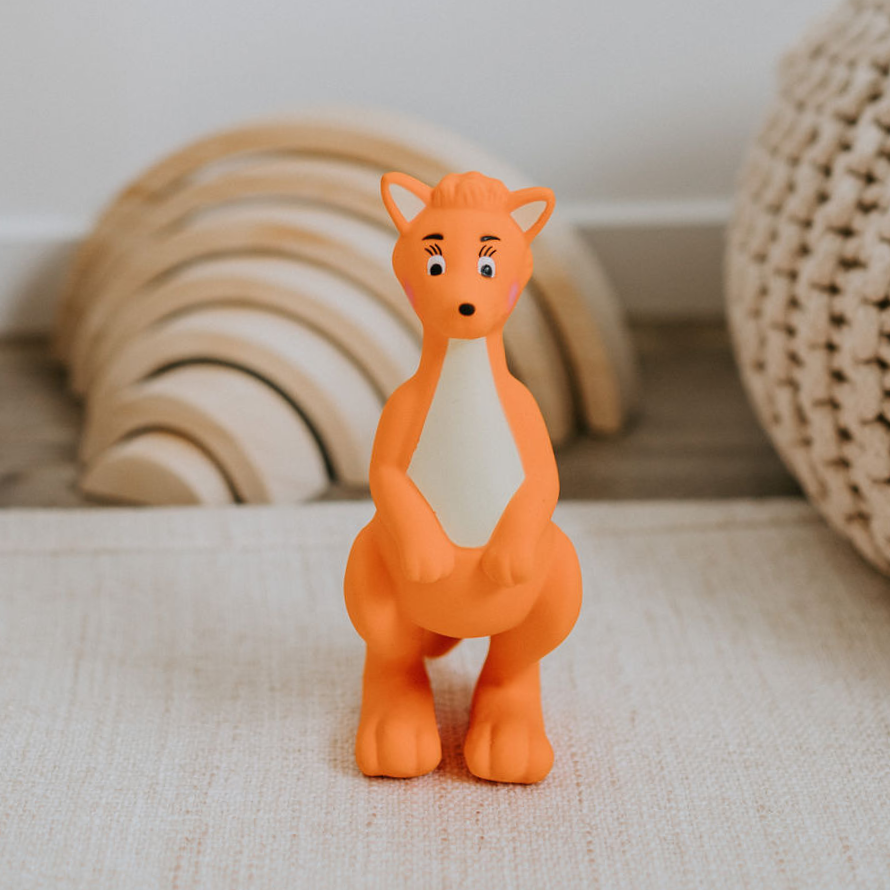


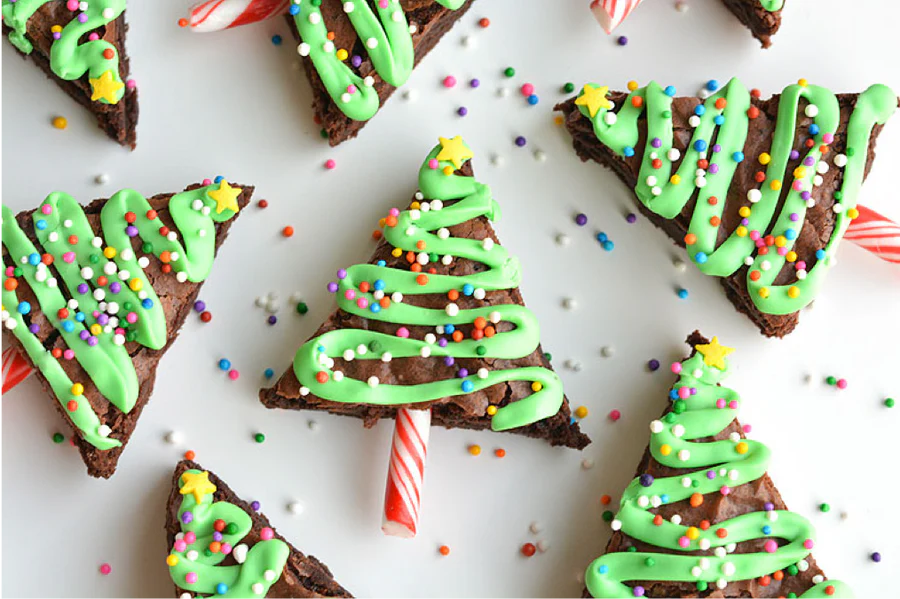
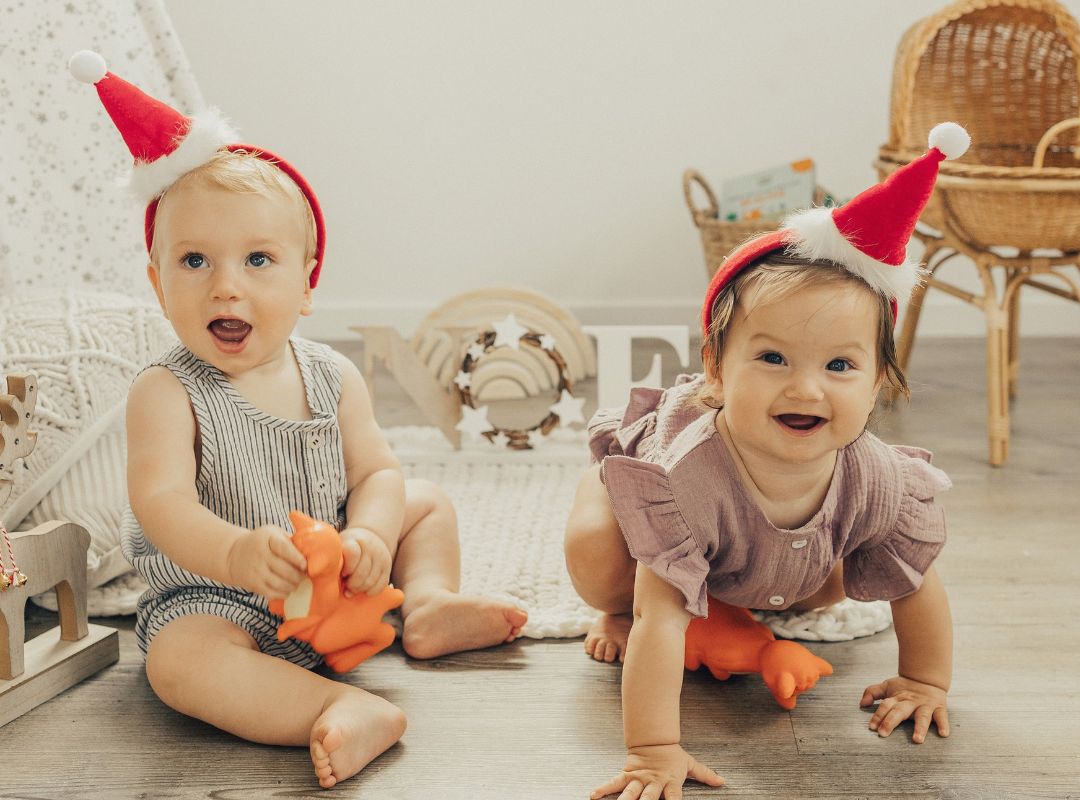

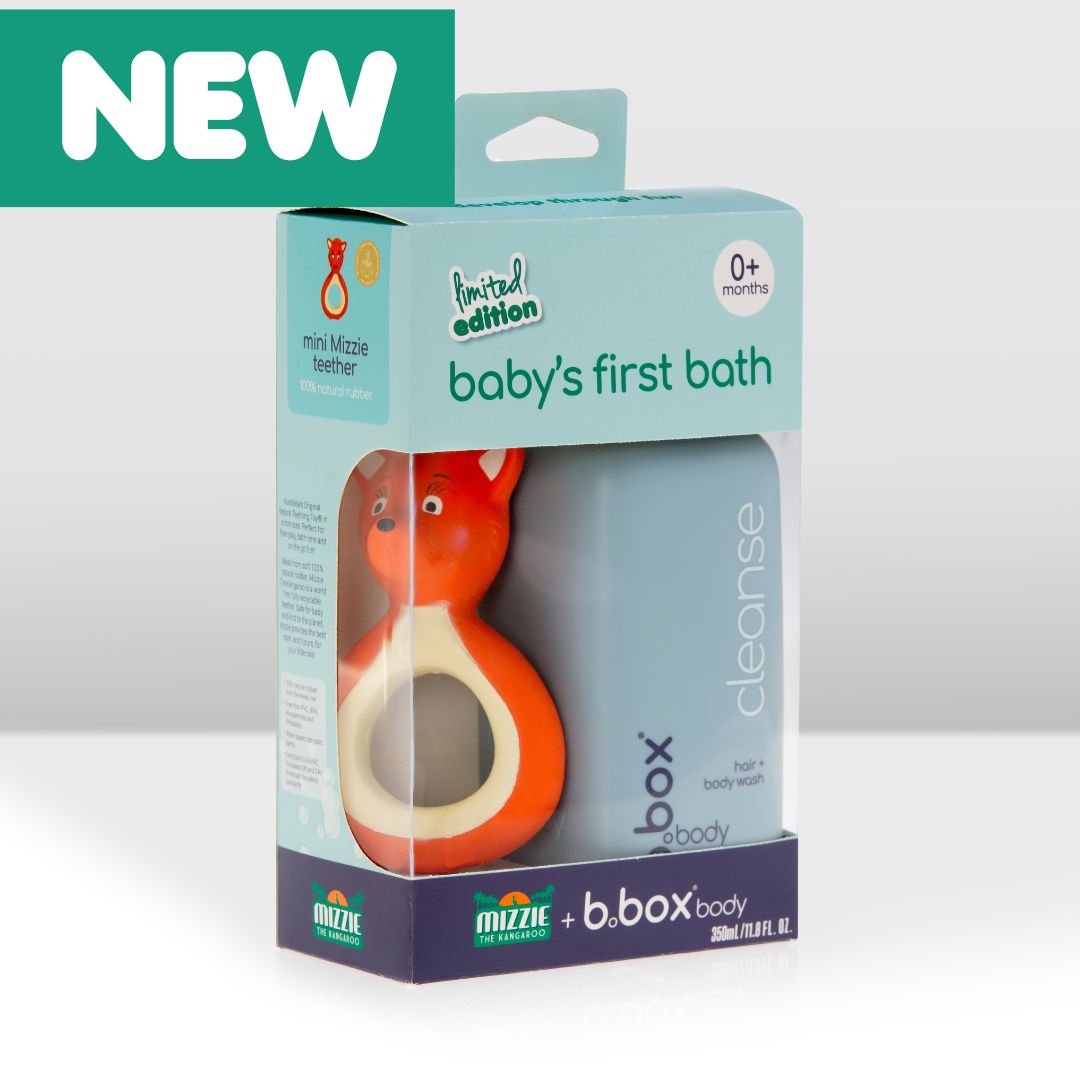
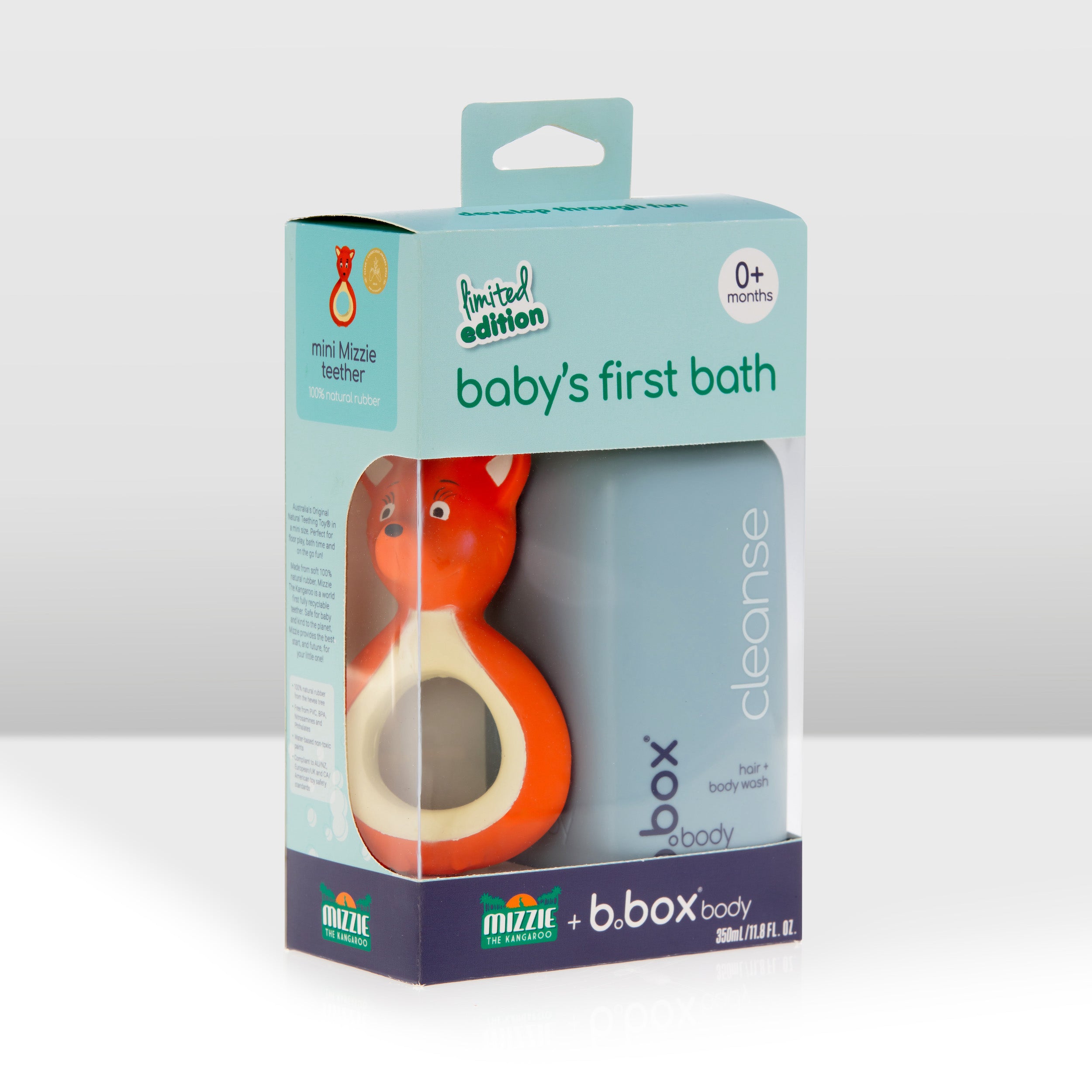


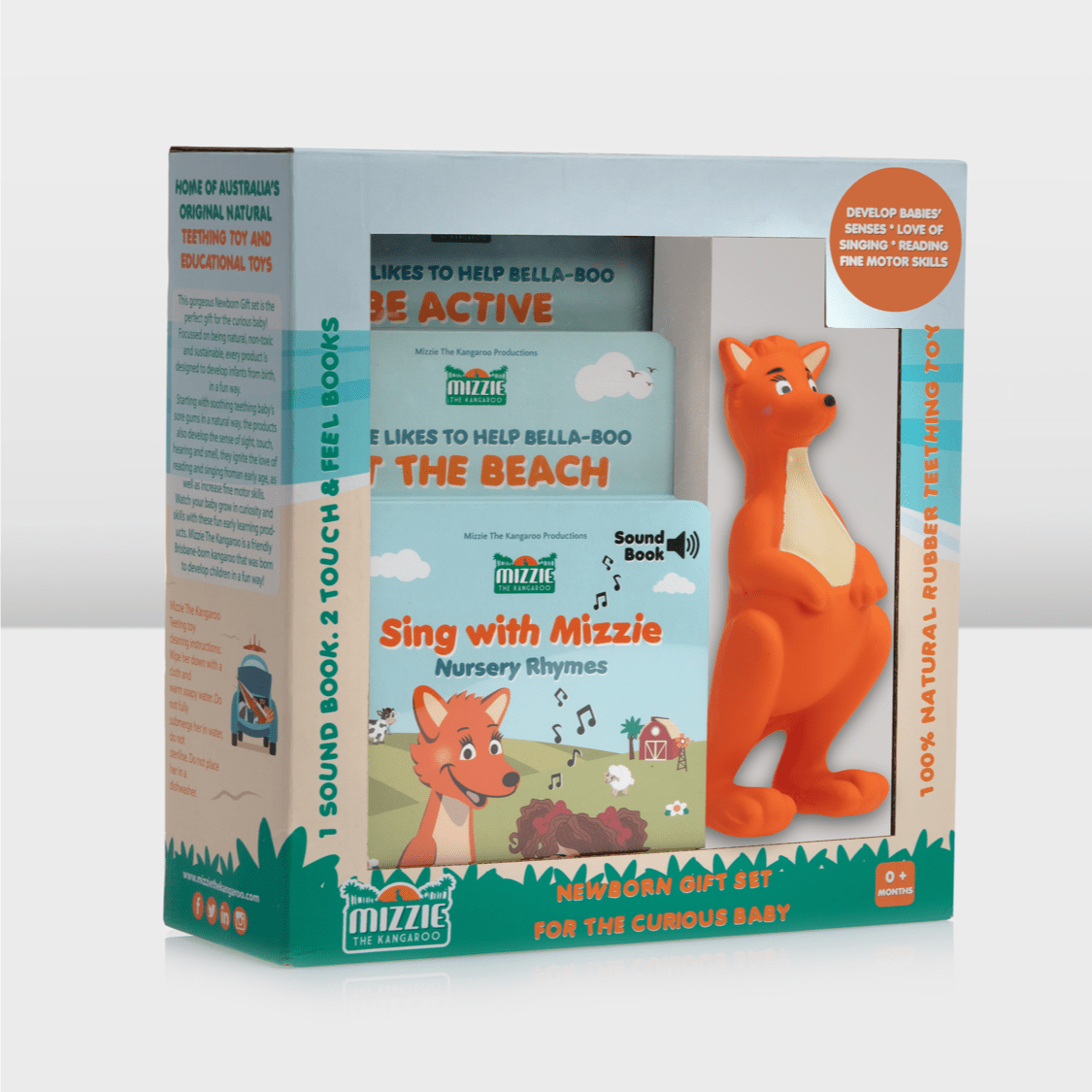
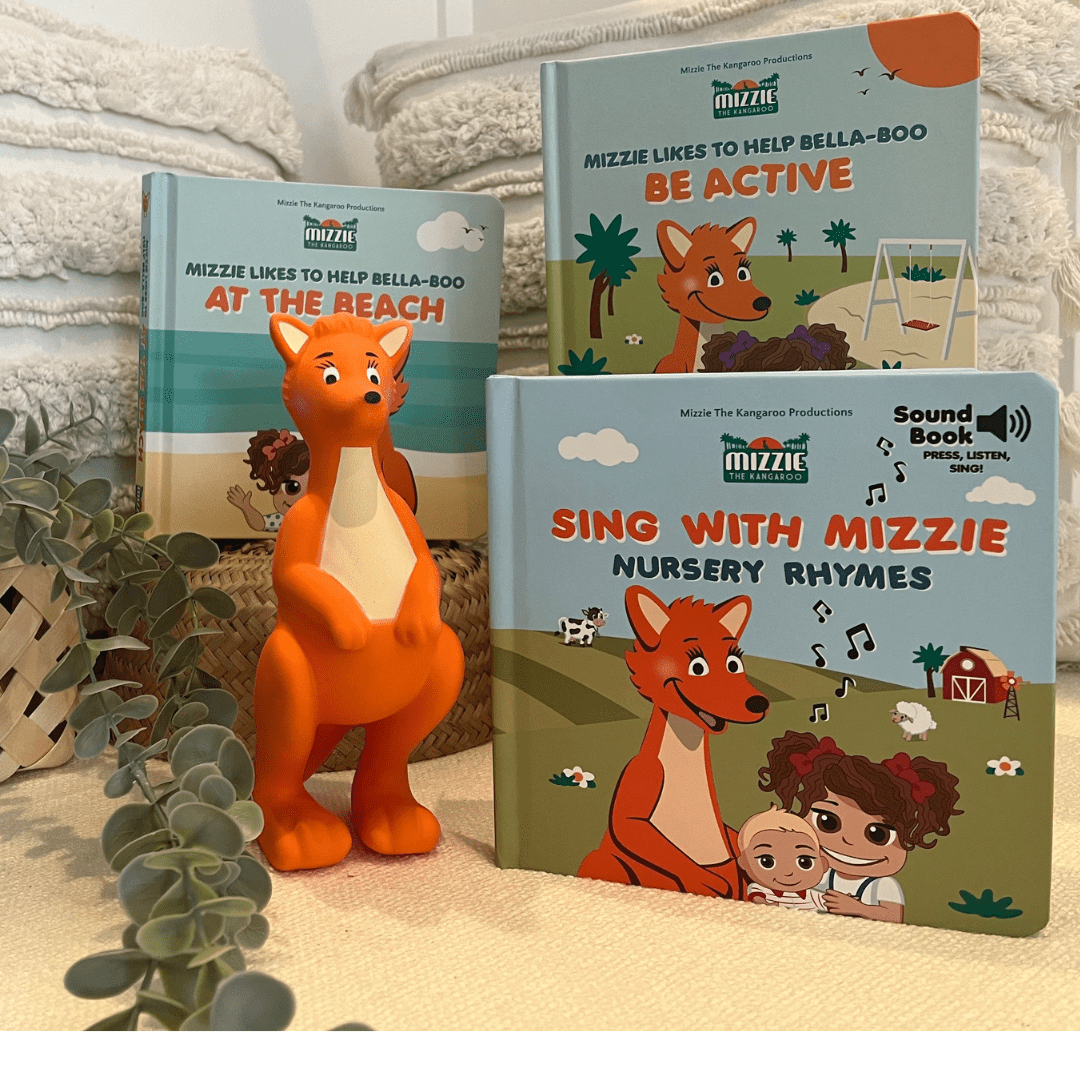
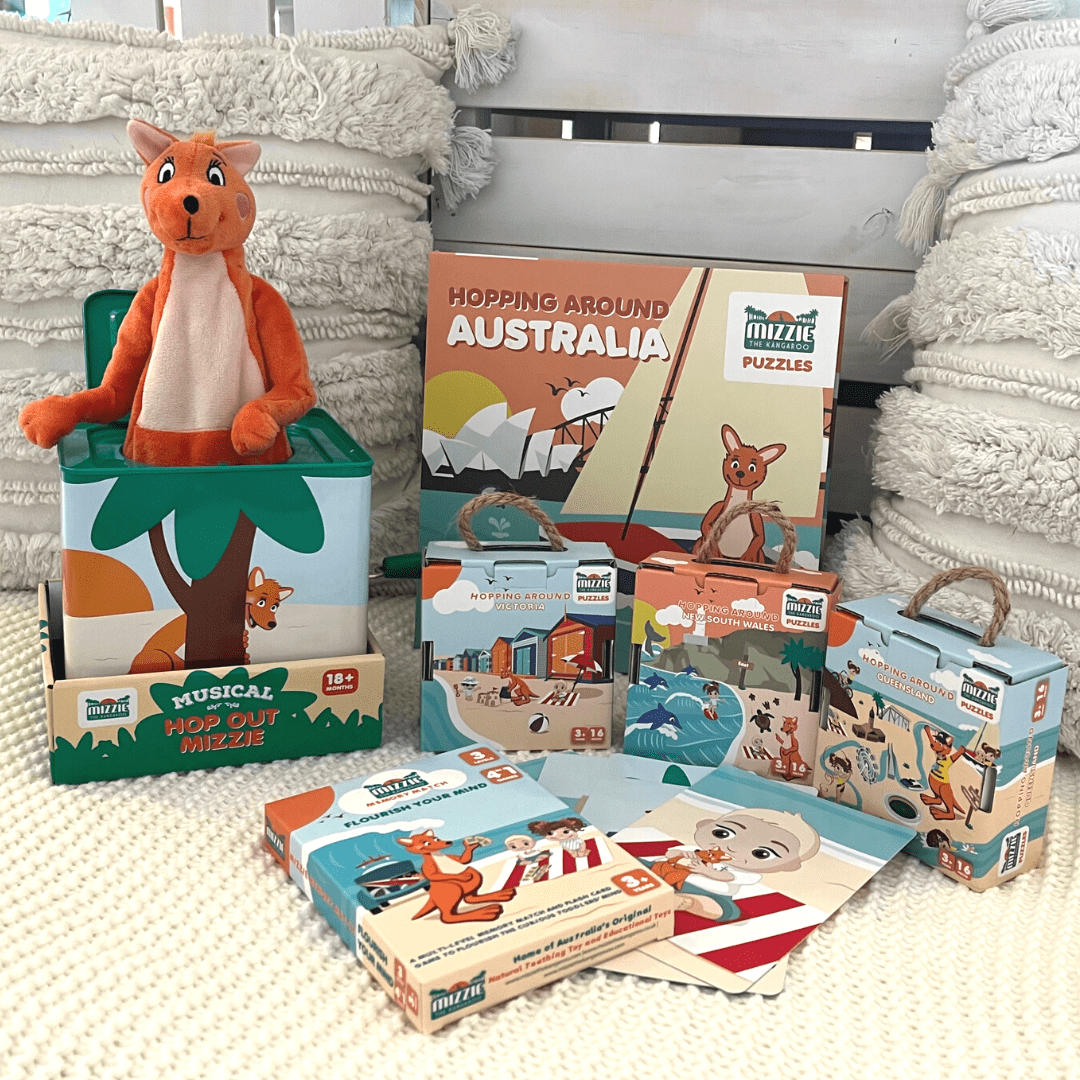
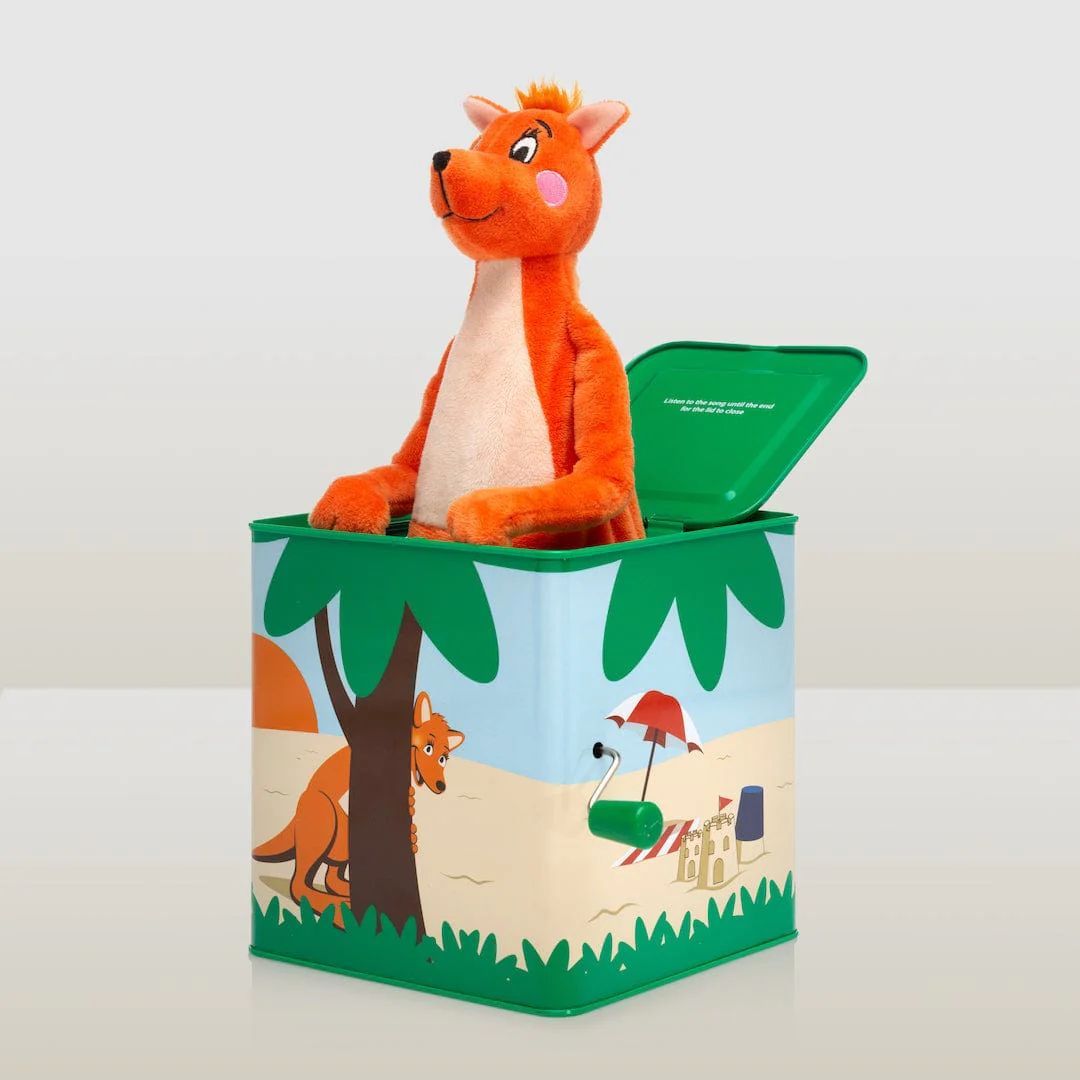
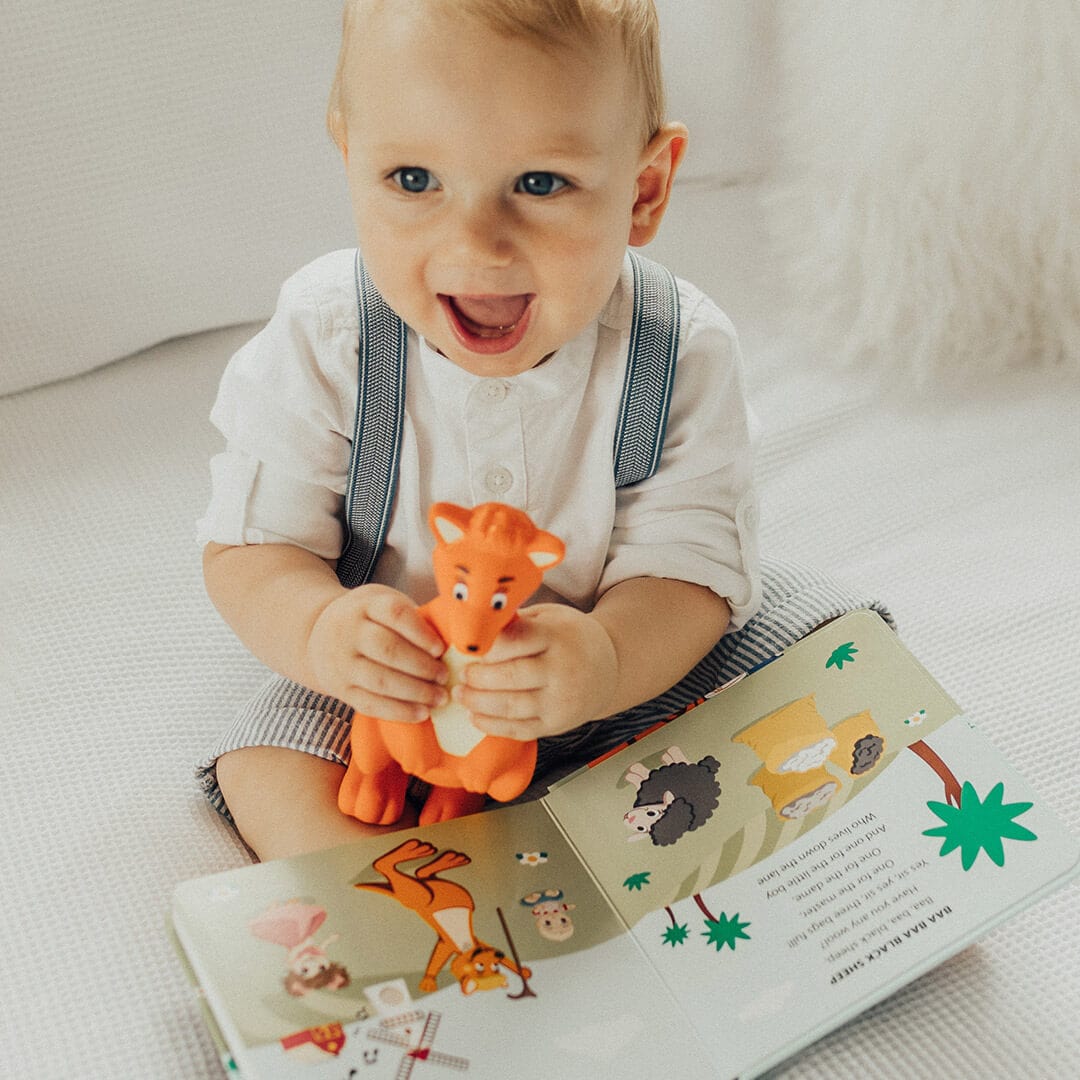
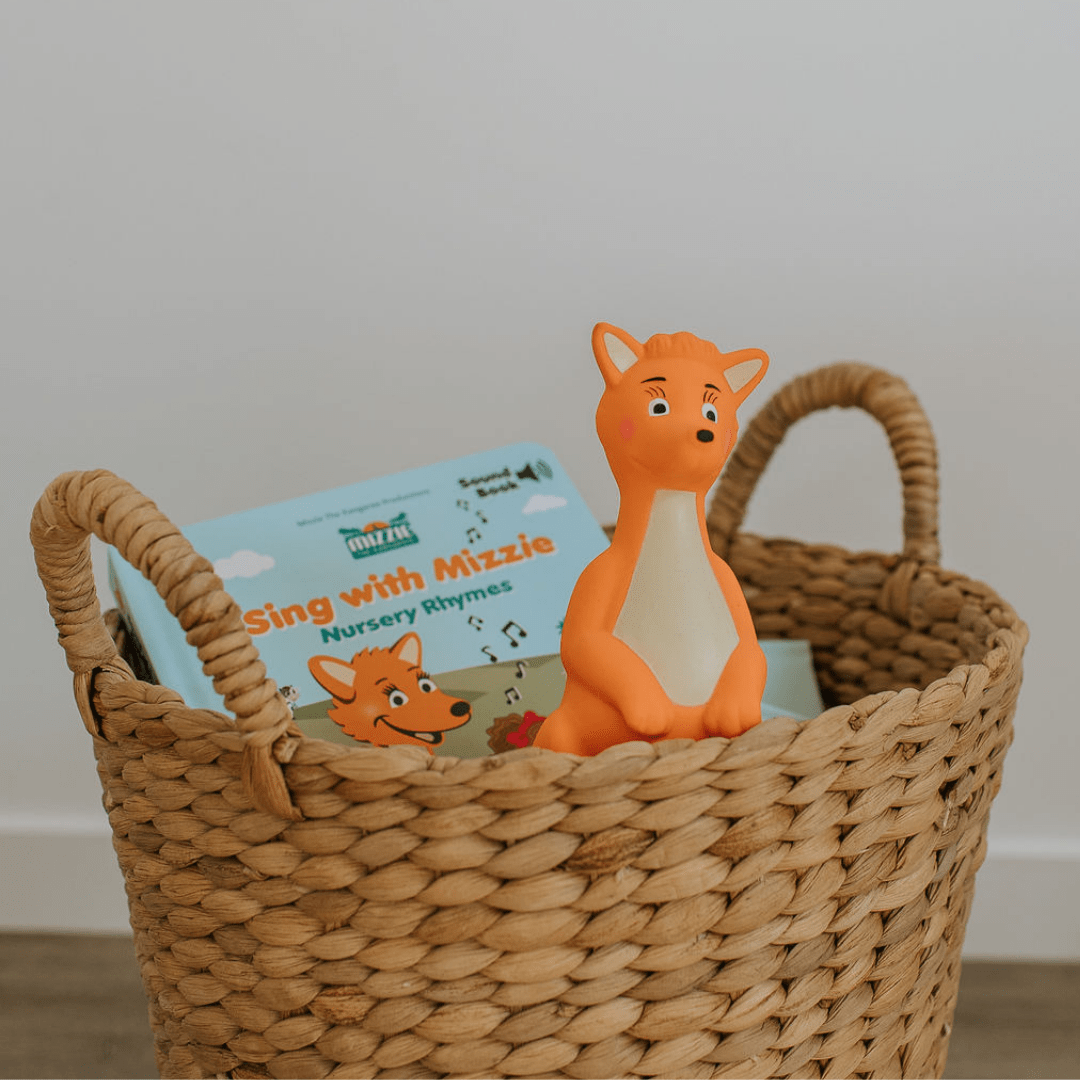
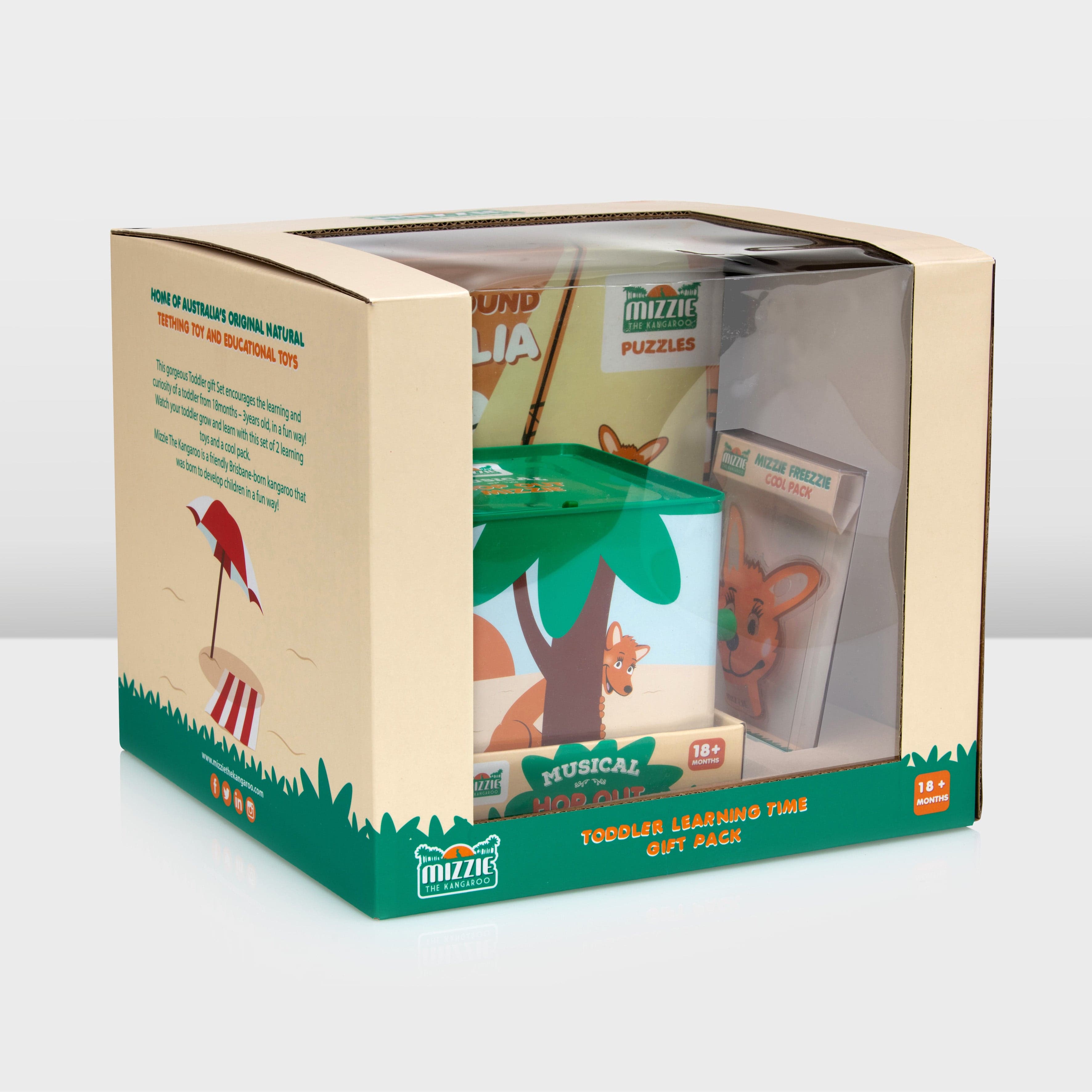
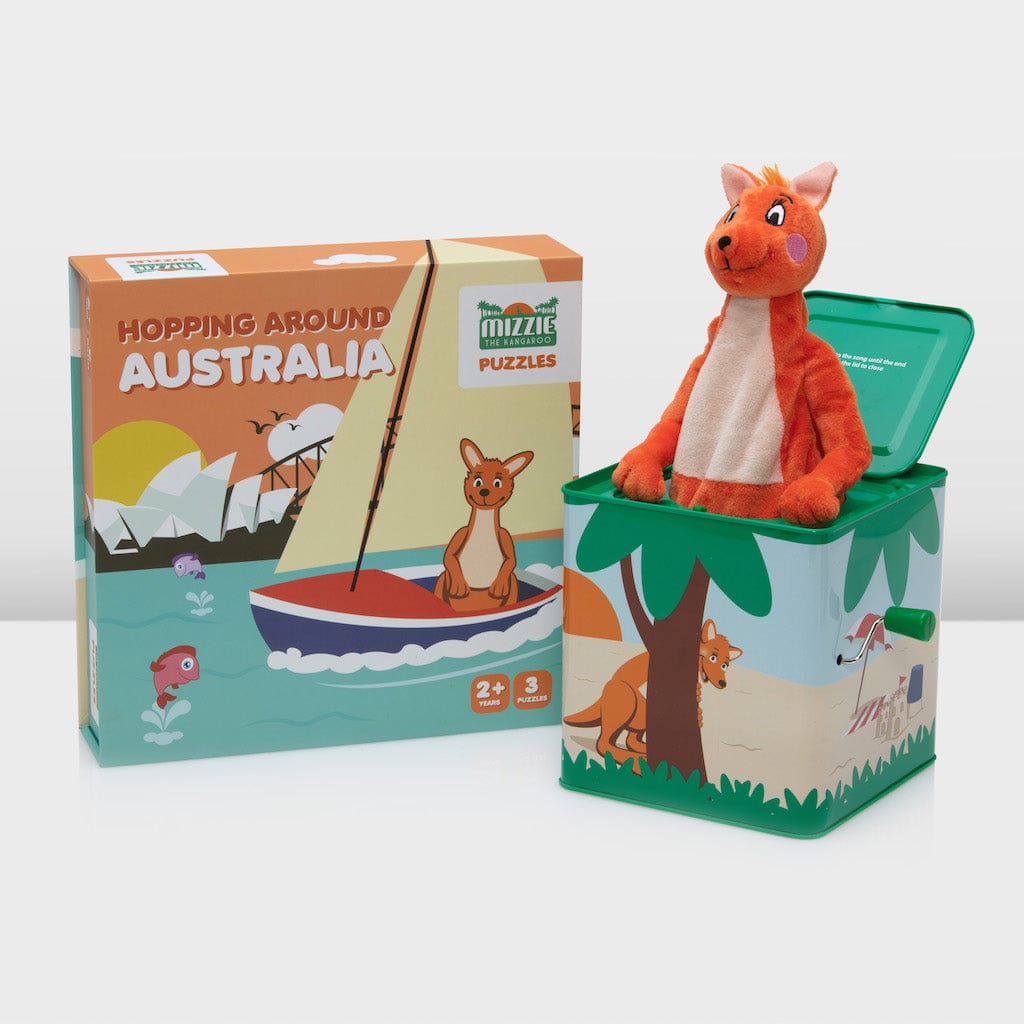
Leave a comment